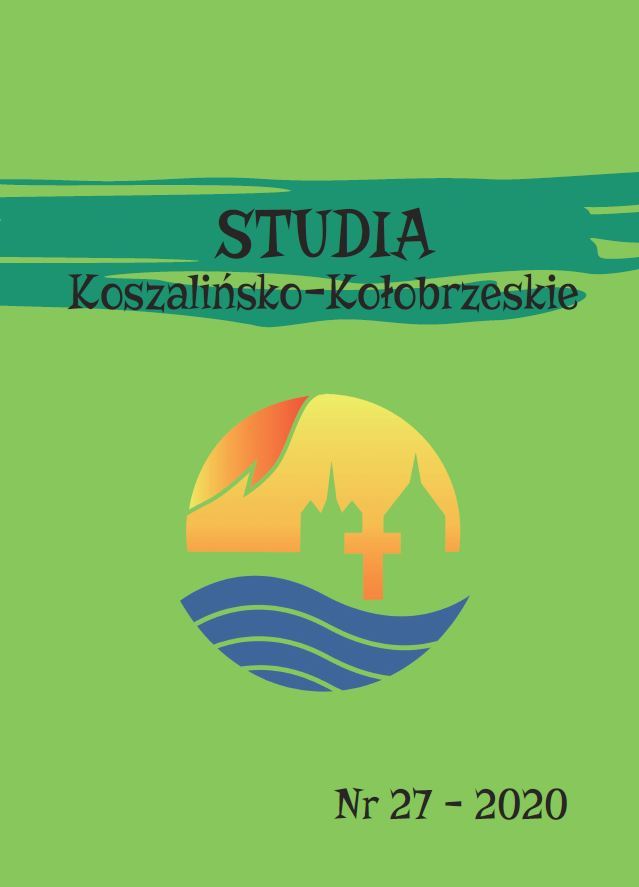Ojcze nasz Augusta Cieszkowskiego – metody egzegetyczne z parakletyczną tezą
Our Father by August Cieszkowski – exegetic methods with the thesis of the Paraclete
Author(s): Grzegorz KubskiSubject(s): Christian Theology and Religion, Theology and Religion, Biblical studies
Published by: Wydawnictwo Naukowe Uniwersytetu Szczecińskiego
Keywords: Holy Bible; exegesis; history of interpretation; romanticism; August Cieszkowski
Summary/Abstract: August Cieszkowski was in Romanticism the most well–known Polish philosopher in Europe. In 1838 he created a sketch of the treatise Our Father (Ojcze nasz), over which he worked over fifty years. An extensive edition of the work took place in the twentieth century, long after the author’s death. The treaty is a continuous commentary to the Lord’s Prayer, subject to the assumptions of historiosophy. The author, in reference to more than a thousand biblical verses, tries to prove that in the history of humanity, after the ages of God the Father, The Son, the third age will come – the Holy Spirit, the Paraclete, the time of the Kingdom of God on earth. It is only in the light of the Paraclete that the “revelation of Revelation” will follow, as it is described by the theosophist Joseph de Maistre. In Cieszkowski’s conception, there are similarities to Friedrich Schelling’s views, but also to understanding philosophy as the announced Paraclete. Such belief was preached by Józef Hoene-Wroński. Cieszkowski believes that the texts of the Scriptures develop their meanings along with the development of humanity. He declares adhesion to the then Catholic manner of exegesis connected with Tradition. When in his lecture literal meanings do not match the assigned traditional meanings, he chooses a literal understanding. He uses etymological exegesis. He also includes Polish translations, even when in the source has no etymological connection. The article presents the interpretation given by Cieszkowski on the example of words such as ὁ ἀρραβών “deposit” (2 Cor 1,22), τό μυστήριον “mystery” (Mt 13,11) or ἡ κοινωνία “community” (2 Cor 13,13). Cieszkowski reads the phrase “deposit of the Spirit” as proof that humanity will receive Him fully in the third era. So far, the teaching of the Church, the forms of Christian and social life were only a “pledge” to the full reign of God as a Paraclete in the third era. Even Jesus Christ revealed this Kingdom as an “approximate way” as a “mystery”. In the third era, there will be κοινωνία, “the Holy Spirit community”. Cieszkowski changed the sixteenth century understanding of the word “community” from the old translations. He gave it the importance of modern society. Under the influence of Tertullianism, he originally concluded that the reign of the Holy Spirit “the King of the Eternal” would begin.
Journal: Studia Koszalińsko-Kołobrzeskie
- Issue Year: 2020
- Issue No: 27
- Page Range: 65-85
- Page Count: 16
- Language: Polish

